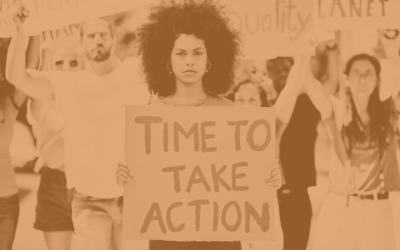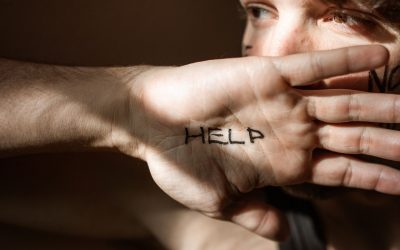From Nov 25 to Dec 10, the world unites for 16 Days of Activism Against Gender-Based Violence. This global campaign aligns with the International Day for the Elimination of Violence Against Women and Girls, underscoring that such violence violates human rights. As Wolverhampton’s leading domestic abuse service provider, we proudly support the Orange Wolves campaign. Together, we raise awareness and drive change to protect and empower victims/survivors.
What is rape culture? Are you complicit?
Combatting rape culture requires challenging harmful attitudes and biases perpetuated in media, online trends, and daily life. From normalizing sexual harassment to glorifying predatory behaviour, its effects are far-reaching. We must embrace our collective responsibility to drive change and cultivate a safer, more respectful society. Read to find out more.
Sexual harassment: why a whole school response is required
An Ofsted review concluded that sexual harassment and abuse have become “normalised” in schools and as a result, schoolchildren often do not see the point of reporting because it happens so frequently; and teachers consistently minimise the scale of these problems. Read to find out more.
Body safety rules we must teach children and young people
What are we teaching children and young people about their bodies? Fostering body safety for children requires open dialogue on consent and respect. By neglecting these crucial conversations, we fail to equip children with essential knowledge. We outline key body safety points that every child should learn to ensure their well-being and understanding of consent. Read to find out more.
FRIES: Demystifying some myths and misconceptions about consent
Consent is a crucial part of respecting boundaries, preserving dignity and building healthy relationships. Yet often, people find it confusing, and it gets misconstrued. Unless we explicitly talk about bodily consent, we cannot expect young people to learn about it as they grow. In this post we explain the acronym FRIES and debunk a few myths and misconceptions that you may have heard.





